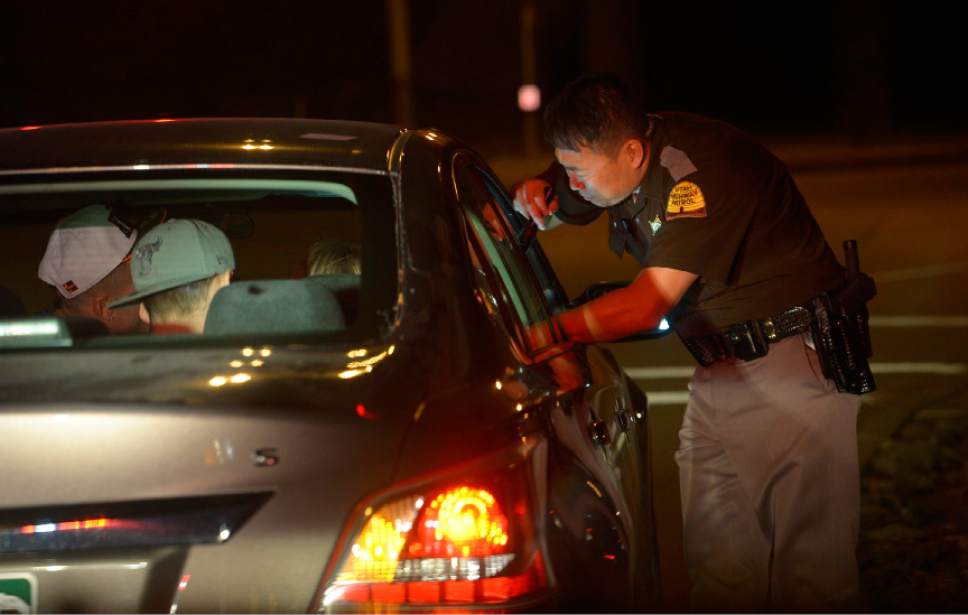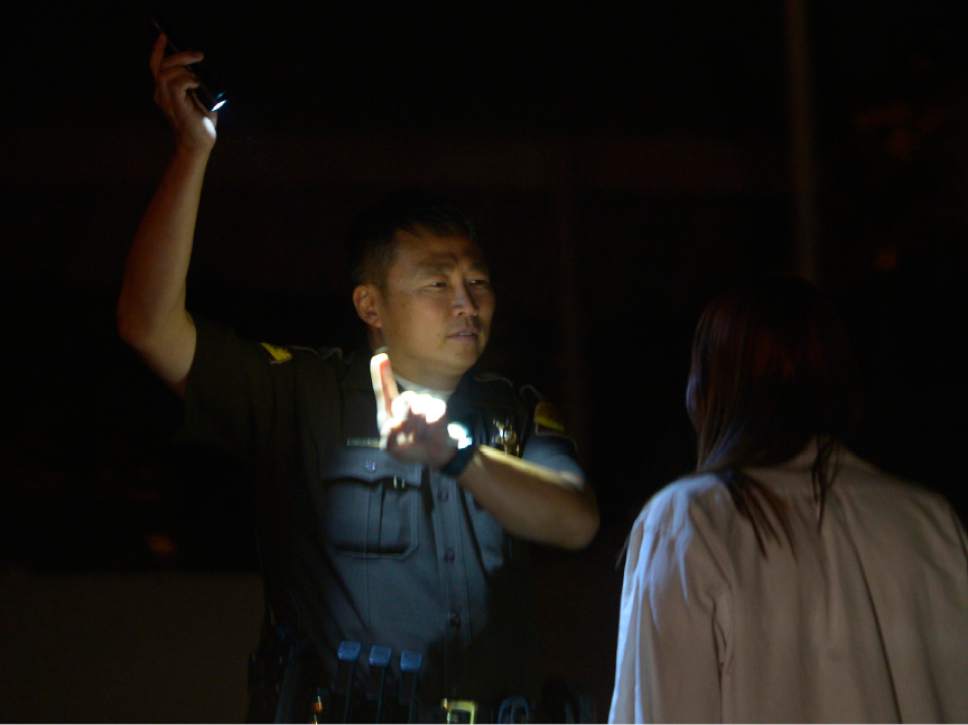This is an archived article that was published on sltrib.com in 2017, and information in the article may be outdated. It is provided only for personal research purposes and may not be reprinted.
Lawmakers took a first step Friday to ensure that repeat drunken drivers spend at least some time in jail.
The House Law Enforcement and Criminal Justice Committee voted unanimously to pass HB162, and sent it to the full House.
"We just want the cycle to stop," Rep. Steve Eliason, R-Sandy, the bill's sponsor, said about repeat DUI offenses. "We want people to know we really mean it."
But West Valley City Prosecutor Ryan Robinson, representing the state prosecutors association, said that now, "It's almost the rule instead of the exception that second- and third- and fourth- and fifth-time offenders get an opportunity to do community service or ankle bracelets instead of spending any time in jail."
Of the felony DUI convictions in the state last year for repeat DUI offenders, he said, "22 percent of them spent zero days in jail for a third or subsequent offense. About 32 percent of them in Salt Lake County … didn't go to jail ever."
Eliason's bill would change that.
It would require at least five days in jail for a second DUI offense. They need not be on consecutive days — allowing someone to keep a job by serving on weekends.
It would also mandate 30 days of alcohol-free home confinement with devices that monitor for substance abuse.
Currently, no monitoring for alcohol use during home confinement is performed, although some devices could allow that. Eliason said, "If say we go home and keep drinking, we're not helping them."
After a third or subsequent DUI conviction, the bill continues current requirements for at least a $1,500 fine. It would require a minimum 63 days in jail, and remove a currently allowed option for home confinement instead.
The action comes a day after the full House voted to make Utah the first state in the nation to lower its legal limit for driving under the influence to a 0.05 blood-alcohol content (BAC) — which an average man could reach at three drinks, and a female at two.
Representatives passed HB155 on a 48-26 vote and sent it to the Senate for consideration. The current BAC limit is 0.08.





